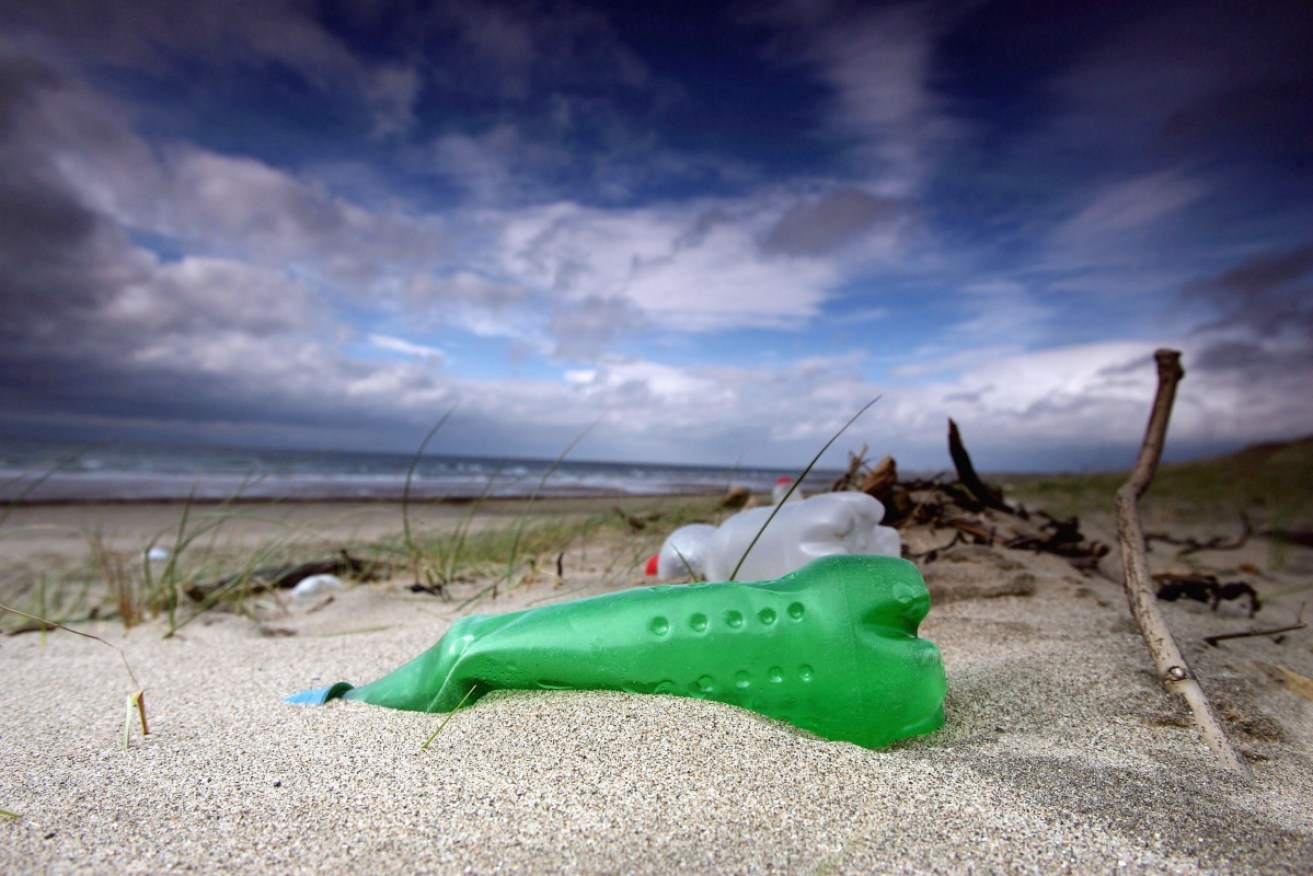Report reveals ocean threats


Getty
A three year study of marine debris by the CSIRO has found illegal dumping and consumer behaviour are the leading causes of rubbish on Australian beaches.
The marine debris project, co-funded by petroleum giant Shell, has revealed wildlife like turtles and seabirds are at risk from coastal debris.
• Plastic sullies 88% of ocean surfaces
• MH370 search uncovers ocean of garbage
Half of all seabirds and one third of marine turtles were found to have ingested plastic, while an estimated 15,000 turtles had been entangled in derelict fishing gear on the Northern Territory coast alone.
“We found evidence for two main drivers, general consumer/user behaviour and illegal dumping of refuse,” the report said.
“We also carried out a global risk analysis of seabirds and marine debris ingestion for nearly 200 species and found that 43% of seabirds and 65% of individuals within a species have plastic in their gut.”
The study of over 170 sites found that the highest percentage of rubbish was found near urban centres like capital cities.
The report said further prevention was a more practical solution than attempting to clean up existing ocean rubbish.
“The most effective way to reduce and mitigate the harmful effects of marine debris is to prevent it from entering the marine environment: cleaning up our oceans is a much less practical solution,” recommended the report.
“Similarly, we found that local council outreach, which presumably affects user behaviour, and anti-dumping campaigns were both effective in reducing the debris found in coastal areas.”








